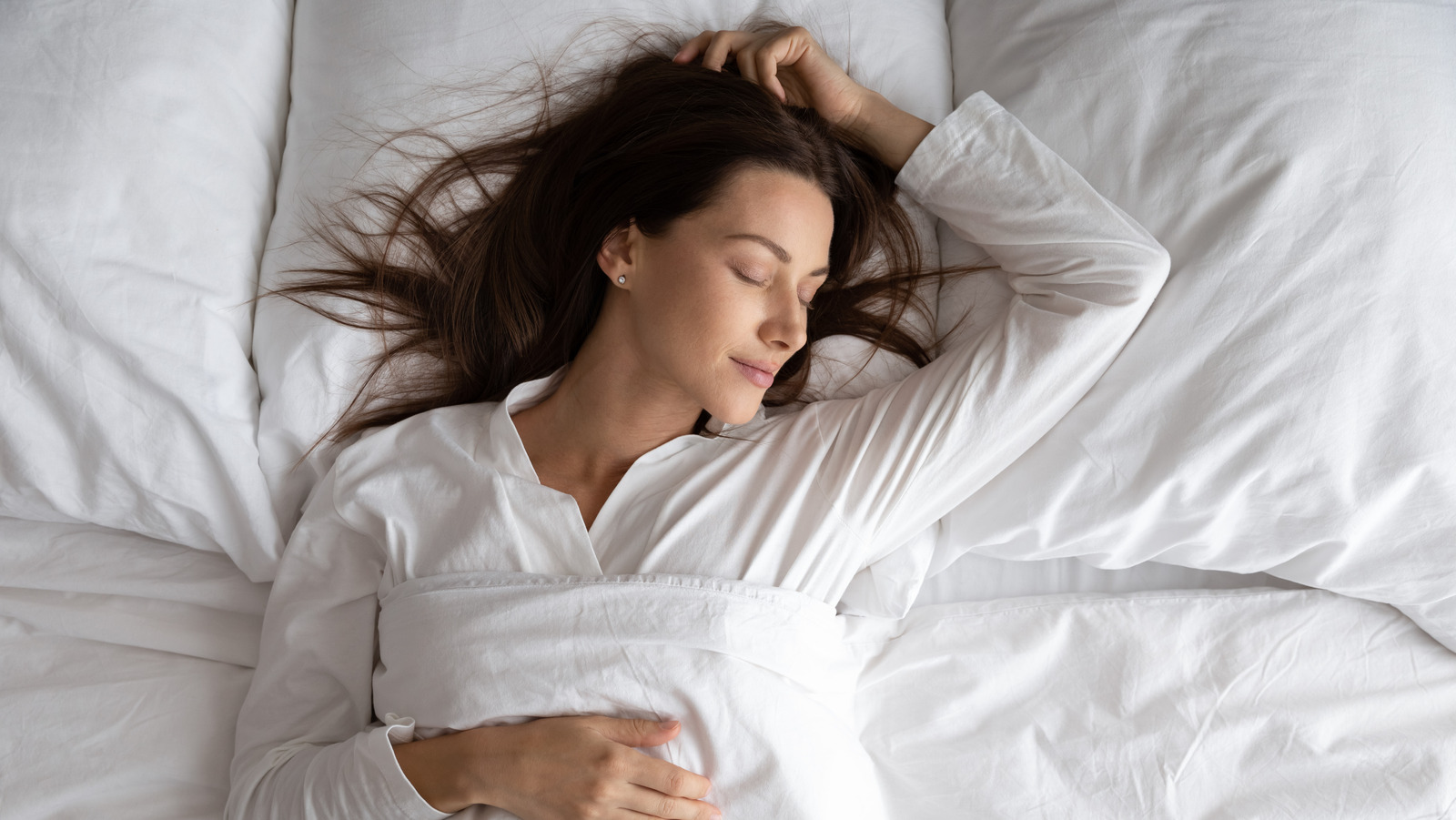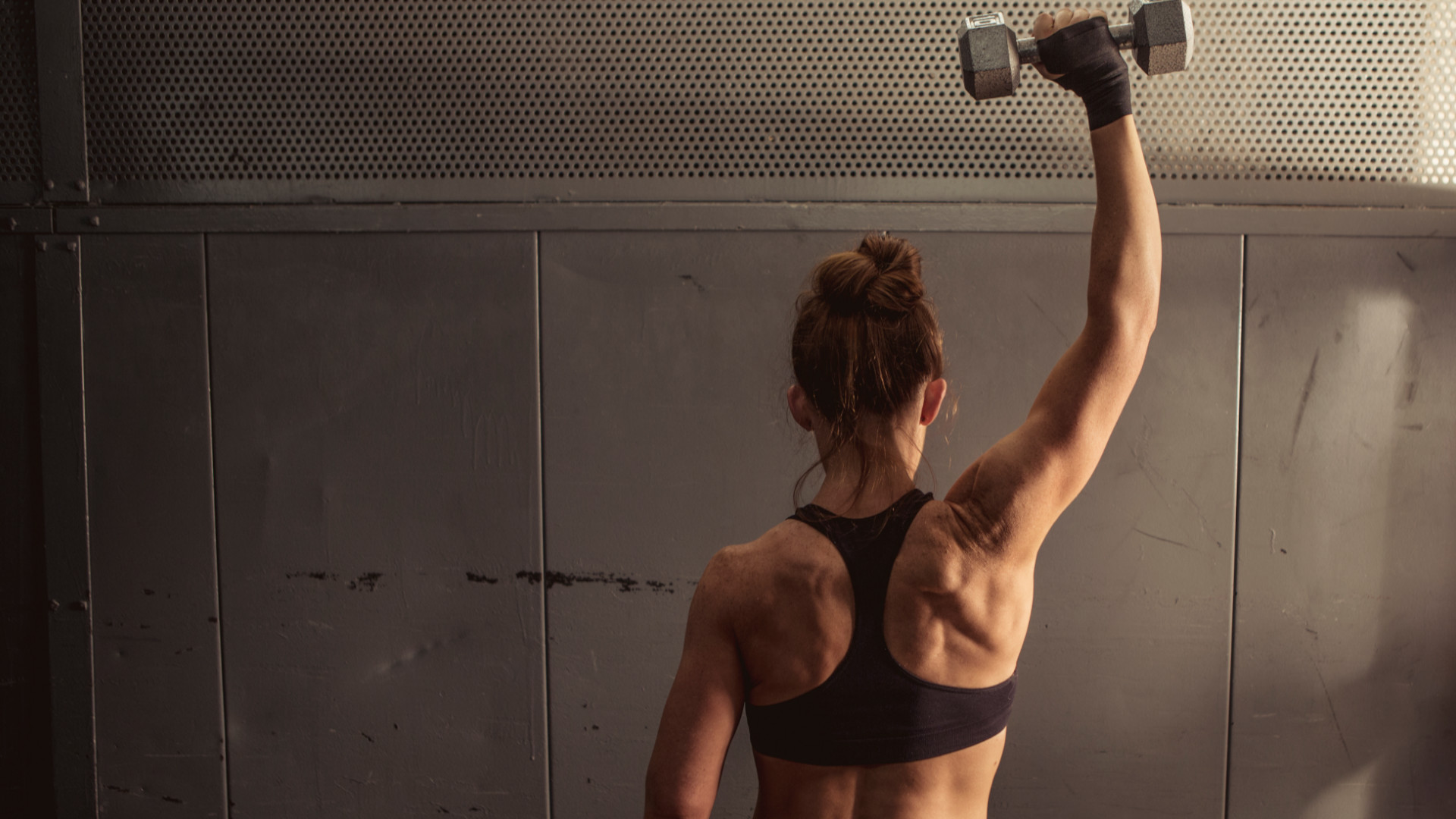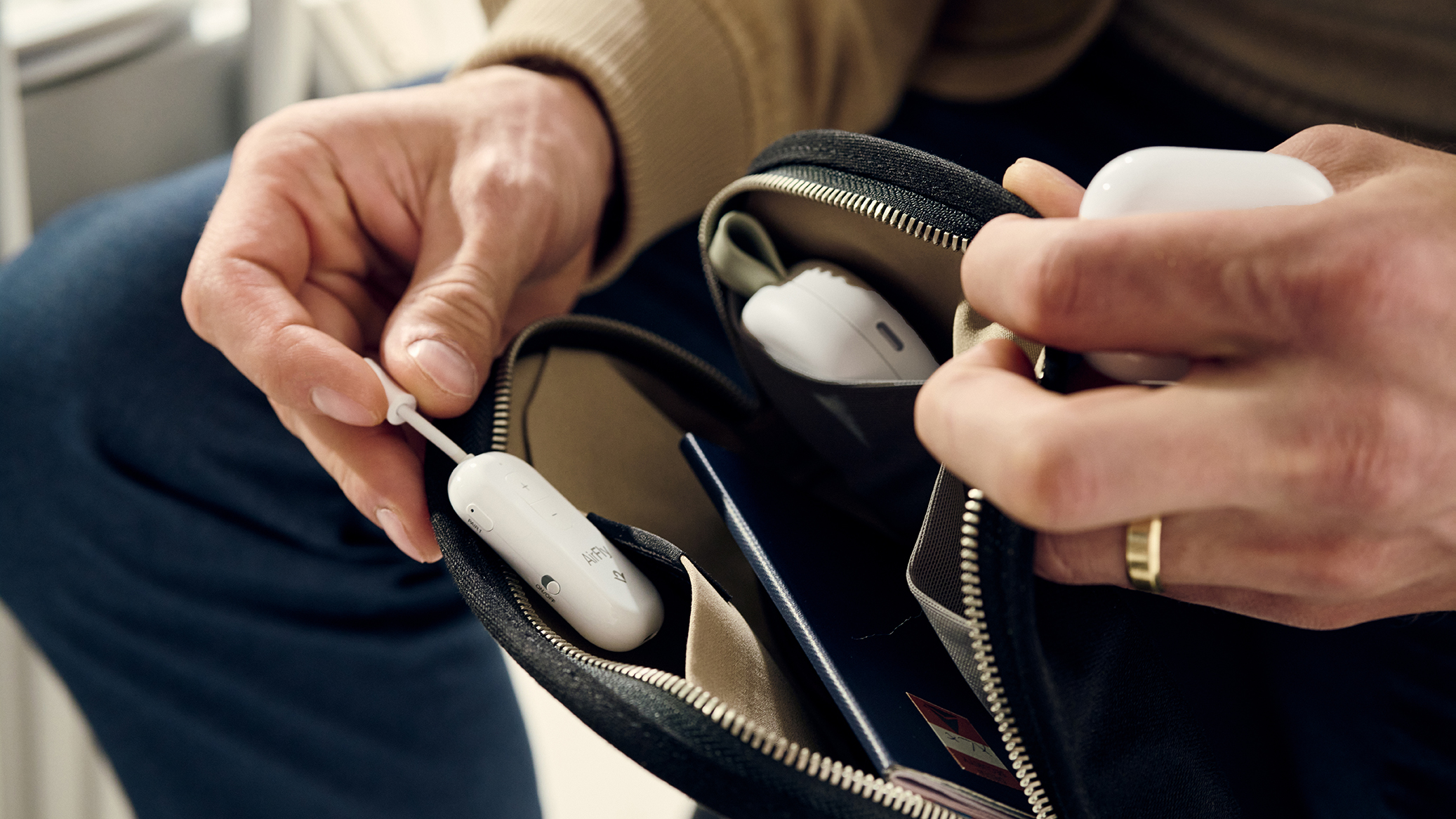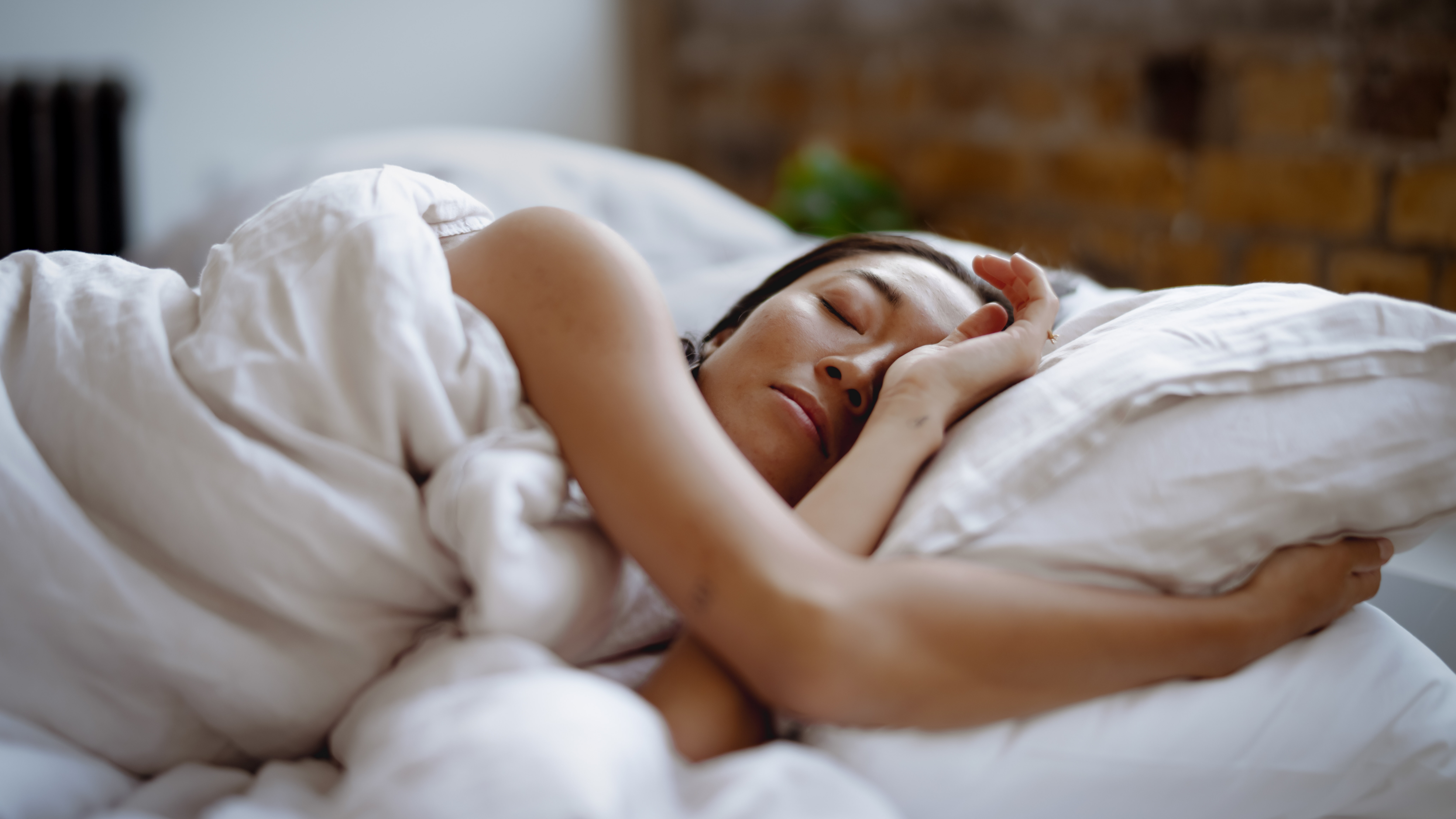

Whether you battle with insomnia or have had a few restless nights, sleep deprivation has a bigger impact on you than you might realise. Aside from feeling groggy and unable to concentrate, a repeated lack of sleep can lead to more dangerous side effects, like depression and an increased risk of diabetes, heart attacks and strokes… so it’s something to be taken very seriously!
Catching up on sleep can be a little tricky, but a term called sleep banking has recently been doing the rounds, and it could be the answer to your sleep problems. But what is sleep banking and does it really work? Here’s everything you need to know about sleep banking and why I’m not entirely convinced that it works.
P.S. If your current sleep set-up is negatively impacting your sleep, it’s time to upgrade to the best mattress for you.
What is sleep banking?
Sleep banking is a practice that involves getting extra sleep before experiencing a period of less sleep.
Much like a regular bank, the more money you put in results in more money you can take out. Similarly, the more you take out, the more money you have to put back to get your balance back to normal. Sleep banking acts like this but for rest, so the more sleep you collect by getting extra shut-eye before a night of less sleep will result in you ‘paying off’ your sleep debt during the night you get less hours of rest.
Sleep banking is designed to help balance the sleep you’re losing so you feel more rested and alert the next day, even after you’ve had a rough night’s sleep.
(How) does sleep banking work?

The concept of sleep banking might sound quite confusing (it took me a while to get my head round too), but many studies have shown that banking sleep can be effective.
Sign up to the T3 newsletter for smarter living straight to your inbox
Get all the latest news, reviews, deals and buying guides on gorgeous tech, home and active products from the T3 experts
In a 2015 study conducted by Stockholm University and the University of Oxford, the researchers asked 14 men between 26 and 37 to sleep longer than normal during six nights of the week before the seventh night was disrupted. The results showed that the six nights of extra sleep helped the men feel more alert and recover more quickly and easily when their sleep was interrupted.
So, if you wanted to try sleep banking, how exactly would you go about it? If you know you’re going to get less sleep on a Friday night because you’re out at an event, you might want to get an extra hour or 90 minutes of sleep on the nights leading up to Friday.
You might want to start banking this sleep from Monday to Friday, or only a couple days before. Alternatively, if you can’t manage an extra hour at night, having a nap during the day could help too (see how to have the perfect nap for more details).
Can sleep banking help you catch up on rest?
While sleep banking has often been recommended by experts, I’m not entirely convinced. One of the rules for good sleep hygiene is to get a consistent amount of sleep each night, and having these extra hours here and there can disrupt your circadian rhythm.
While it’s often beyond our control when we lose sleep, sleeping for an extra hour than you’re used to can and having an irregular sleep schedule can impact your rest, performance and productivity. Instead, sticking closely to the amount of hours of sleep that works for you – that might be six, seven, eight or even nine hours – is better in my opinion.
Despite covering sleep and wellness on T3 for years now, I’m not a sleep expert but researchers have stated that sleep banking isn’t a quick fix to sleep problems and it might not help all the time. But, if you want to try it every now and again, it could be beneficial to you.

Beth is Home Editor for T3, looking after style, living and wellness. From the comfiest mattresses to strange things you can cook in an air fryer, Beth covers sleep, yoga, smart home, coffee machines, watches, grooming tools, fragrances, gardening and much more. If it's something that goes in your house, chances are Beth knows about it and has the latest reviews and recommendations! She's also in the know about the latest deals and discount codes from top brands and retailers.
Having always been passionate about writing, she’s written for websites, newspapers and magazines on a variety of topics, from jewellery and culture, to food and telecoms. You can find her work across numerous sites, including Wedding Ideas Magazine, Health & Wellbeing, The Bristol Post, Fashion & Style Directory, TechRadar, CreativeBloq and more. In her spare time, Beth enjoys running, reading, baking and attempting craft projects that will probably end in disaster!
-
 Three exercises to 'life-proof' your shoulders, according to a mobility expert
Three exercises to 'life-proof' your shoulders, according to a mobility expertHealthy shoulders mean better movement, more strength and less injury
By Bryony Firth-Bernard
-
 The 7 luxury travel items I won't leave home without – and why you shouldn't either
The 7 luxury travel items I won't leave home without – and why you shouldn't eitherI've flown for many hundreds of hours – and know these luxury travel items will improve your journey
By Mike Lowe
-
 I spent 6 weeks with the FoodMarble Aire 2: here’s what I learned about my gut health
I spent 6 weeks with the FoodMarble Aire 2: here’s what I learned about my gut healthI’ve been testing the clever breath-testing gadget with the companion app over several weeks to find out if it delivers on its promises
By Lee Bell
-
 Oil pulling is going viral on TikTok for stopping morning breath – but does it actually work?
Oil pulling is going viral on TikTok for stopping morning breath – but does it actually work?4 hacks that prevent morning breath, according to a sleep expert
By Bethan Girdler-Maslen
-
 These limited edition McLaren x Loop earplugs are what you need for Formula 1 season
These limited edition McLaren x Loop earplugs are what you need for Formula 1 seasonMcLaren teams up with Loop on limited edition noise-reducing earplugs
By Bethan Girdler-Maslen
-
 5 sleep supplements that help me achieve 8+ hours of rest every night
5 sleep supplements that help me achieve 8+ hours of rest every nightIt took me years to perfect my sleep routine – here are the supplements that helped
By Lizzie Wilmot
-
 3 reasons why you wake up at 3am every night – and how to avoid it
3 reasons why you wake up at 3am every night – and how to avoid itAlways waking up in the middle of the night? This could be why…
By Bethan Girdler-Maslen
-
 This tiny device will automatically disable your distracting apps before you sleep
This tiny device will automatically disable your distracting apps before you sleepSay hello to Kip...
By Lizzie Wilmot
-
 Therabody experts give 7 tips for perfecting your sleep routine for World Sleep Day
Therabody experts give 7 tips for perfecting your sleep routine for World Sleep DayFrom breathing exercises to sleep masks, here’s how to prioritise sleep, according to experts
By Bethan Girdler-Maslen
-
 Loop Dream review: super soft earplugs to help you snooze soundly, even if you’re a side sleeper
Loop Dream review: super soft earplugs to help you snooze soundly, even if you’re a side sleeperSquishy silicone and uniquely shaped ear tips take Loop’s nighttime earplugs to dreamy heights
By Joanna Ebsworth